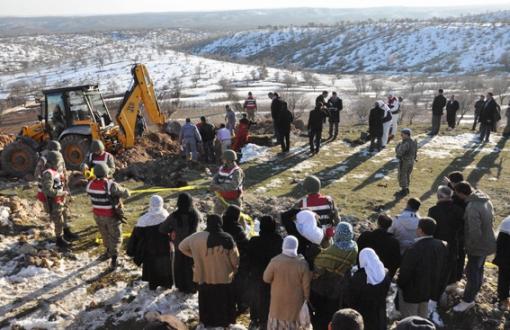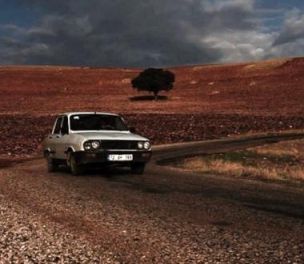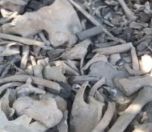Non-prosecution for JİTEM killings in Dargeçit

Click to read the article in Turkish / Kurdish
Prosecutors decided not to prosecute the killing of seven people and the burning down of a village in 1993 in the Kurdish-majority Mardin province.
An investigation was launched seven years ago into the incident in Çelik village in Dargeçit district.
Erdal Kuzu, an attorney of the aggrieved families, said that "policies of impunity were maintained" and that the evidence is now under the waters of Ilısu Dam, which also caused the ancient city of Hasankeyf to submerge in the water.
The investigation began after an application by the relatives of the killed people (Ahmet Kavakçıoğlu, Mehmet Kavaçıoğlu, Alaattin Acar, Fahrettin Acar, Mahmut Erol, Süleyman Erol and Zülfer Akkurt) to the Diyarbakır Specially Authorized Chief Public Prosecutor's Office on November 1, 2013.
The prosecutor's office opened an investigation against Ali Tapan, the then Dargeçit District Gendarmerie Commander.
The investigation ended in nolle prosequi after Dargeçit Chief Public Prosecutor's Office, which later took over the file, took a statement from Tapan.
The Dargeçit JİTEM case is still underway at Adıyaman 1st Heavy Penal Court.
The application for "crimes against humanity"
In the decision, the prosecutor's office defined the killed people as "Kurdistan Workers' Party (PKK) militia" and said that the relatives' statements were "intangible."
A reason for the verdict was the fact that they had not filed a complaint on the date of the incident, it stated.
The prosecutor's office also cited a previous decision of a specially authorized court that the killing of seven people was a crime against humanity and therefore the case wouldn't be time-barred, which it said was "not legally possible."
It determined the statute of limitations as 20 years, citing the No. 756 Turkish Penal Code, the law in effect at the time.
The verdict was appealed against at Midyat Penal Court of Peace.
"A new example of impunity"
Attorney Kuzu said Dargeçit Chief Public Prosecutor's Office has not done anything in the seven years. It dropped the case without any proceedings regarding the identification of the perpetrators or what happened in the village, he added.
Recalling that Dargeçit was one of the places where cases of disappearance in detention were the highest during the conflict in the 1990s, Kuzu said they demanded an effective and fair investigation.
"As in all files where officials acting on behalf of the state are tried, we faced the 'impunity shield' again. It is one of the new examples of the impunity policy, which has become a method for years. The killing of seven civilian villagers is an incident that must be investigated fairly and effectively by the investigating prosecutor, no matter what your point of view is," said the attorney (AS/VK)








132.jpg)